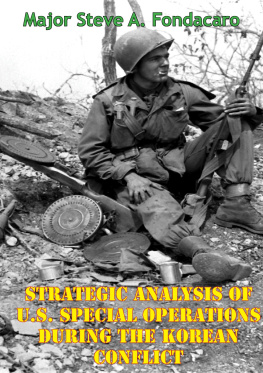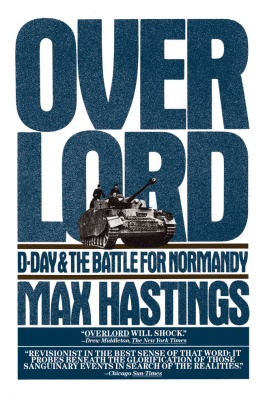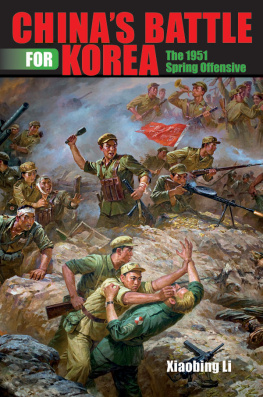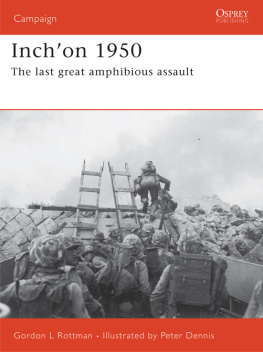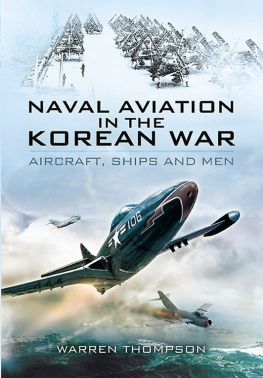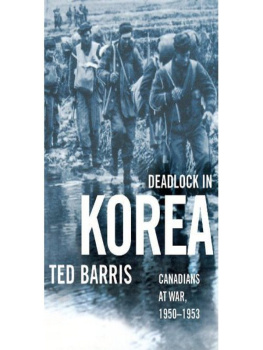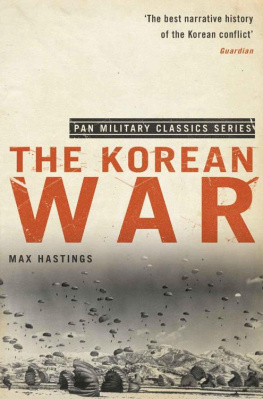
This edition is published by PICKLE PARTNERS PUBLISHINGwww.picklepartnerspublishing.com
To join our mailing list for new titles or for issues with our books picklepublishing@gmail.com
Or on Facebook
Text originally published in 1988 under the same title.
Pickle Partners Publishing 2014, all rights reserved. No part of this publication may be reproduced, stored in a retrieval system or transmitted by any means, electrical, mechanical or otherwise without the written permission of the copyright holder.
Publishers Note
Although in most cases we have retained the Authors original spelling and grammar to authentically reproduce the work of the Author and the original intent of such material, some additional notes and clarifications have been added for the modern readers benefit.
We have also made every effort to include all maps and illustrations of the original edition the limitations of formatting do not allow of including larger maps, we will upload as many of these maps as possible.
Wrestling The Initiative: Ridgway As Operational Commander In The Korean War, December 1950 To April 1951
by
Major Joseph R. Cerami
Field Artillery
TABLE OF CONTENTS
Contents
TABLE OF CONTENTS
REQUEST FROM THE PUBLISHER
ABSTRACT
This monograph examines the conduct of operations of the United States Eighth Army under the command of General Matthew B. Ridgway in the Korean War. During the period of Ridgways command, from late December of 1950 through April of 1951, the Eighth Army stopped an offensive campaign being conducted by Chinese Communist Forces. After completing a successful withdrawal and defense, Ridgways Army mounted a series of offensive operations to regain lost territory and re-establish a defensive line along the 38th Parallel, Thus, this case study examines the campaign of an operational commander who successfully wrested the initiative back from the enemy and illustrates the significance of the AirLand Battle tenet of initiative at the operational level of war.
The monograph is divided into four major sections. After an introduction in Section I, Section II discusses the current doctrine concerning the tenet of initiative as described in Field Manual 100-5. Operations . Section III examines the theoretical foundations of the concept of initiative as expressed in the writings of Clausewitz. Section IV describes Ridgways conduct of withdrawal, defensive and offensive operations in early 1951. The concluding section evaluates Ridgways operational design using the key concepts found in FM 100-5centers of gravity, lines of operation, and culminating points.
In sum, this monograph uses classical theory, current doctrine, and history in evaluating Ridgways operational design, planning and execution during the Eighth Armys withdrawal, defensive and offensive operations. This case study examines the linkages between the tactical, operational and strategic levels of war. The physical, cybernetic and moral domains of war are employed as a framework for analysis. Several insights emerge from this case study including the significance of: gaining and retaining the initiative in the conduct of both defensive and offensive operations; seeking tactical and operational success, even in the absence of clear strategic aims; building an armys will to fight and win, and the overriding importance of the moral domain; conducting realistic and deliberate planning, and the difficulty of transitioning from the operational defense to the operational offense; and using strength against weakness. Finally, and perhaps most significantly, this study reveals the importance of the operational commander and the genius of Matthew B. Ridgway in the Korean War.
I. INTRODUCTION
Ridgway had been an enthusiastic supporter of MacArthurs OPERATION CHROMITE, the plan for the Inchon-Seoul Campaign. {1} MacArthurs operational concept was guided by his belief in the importance of gaining the initiative, and he clearly relayed this in a message to the Joint Chiefs of Staff, prior to Inchon:
There is no question in my mind as to the feasibility of the operation and I regard its chance of success as excellent.... It represents the only hope of wresting the initiative from the enemy. {2}
The genius of MacArthur conceived the Inchon operation. CHROMITE was bold and decisive. The skillful use of an amphibious assault in an operational envelopment appeal led to Ridgway, the commander of US airborne forces in the Second World War. Given his appointment as Commander of Eighth Army in late December of 1950, how would Ridgway react in a situation similar to the one MacArthur found himself in during the early days of the Korean War?
In those earlier days the North Korean forces had pushed the Eighth Army into defensive positions in the Pusan perimeter. The offensive conducted by the North Korean Peoples Army (NKPA) had gained and retained the initiative from June to September of 1950. Poorly trained and equipped US forces were dispatched to Korea in a frantic and piecemeal manner. Eighth Army barely managed to hang on to territory in the Pusan perimeter, in the southeast corner of the Korean peninsula. CHROMITE changed the situation dramatically. MacArthurs operation unhinged the communists offensive and destroyed the NKPA as a fighting force. The entry of Chinese Communist Forces (CCF) in October 1950 again shifted the initiative to the enemy side. At the time of Ridgways arrival in Korea the US forces were once again withdrawing south. The problem facing Ridgway was similar to MacArthurs: how could he wrest the initiative from the enemy?
The operational concepts of both MacArthur and Ridgway stressed the importance of gaining and retaining the initiative. As operational commanders, each General emphasized initiative in his campaign design, planning and execution. Like MacArthurs use of initiative in CHROMITE, Ridgway would demonstrate the importance of initiative in his operations during the period from December 1950 through April 1951. By examining Ridgways ability to seize the initiative in the course of Eighth Army operations, this monograph will highlight several significant aspects of the operational art. This case study demonstrates how the emphasis on initiative created an environment that stressed an offensive spirit in battle which, in turn, gave commanders freedom of action in their duel with the communist forces and clear guidance for operating within their higher commanders intent. Leaders who were audacious and took prudent risks were rewarded. Operational and tactical boldness were key ingredients in the successful operations of MacArthurs and Ridgways operational art. This case study demonstrates how the emphasis on initiative created an environment that stressed an offensive spirit in battlewhich, in turn, gave commanders freedom of action in their duel with the communist forces and clear guidance for operating within their higher commanders intent. Leaders who were audacious and took prudent risks were rewarded. Operational and tactical boldness were key ingredients in the successful operations of MacArthur and Ridgway.
Initiative, as practiced by MacArthur and Ridgway, is one of tenets of Air Land Battle. It is a concept that also has firm roots in classical military theory. The first part of this study will examine the concept of initiative as described in current Army doctrine in Field Manual 100-5. Operations. This monograph will also examine the theoretical foundations of the concept of initiative, as expressed in the writings of Clausewitz. In the second half of the monograph, the tenet of initiative will be illustrated in the historical record of the design, planning, and execution of Eighth Army operations under General Ridgway.


